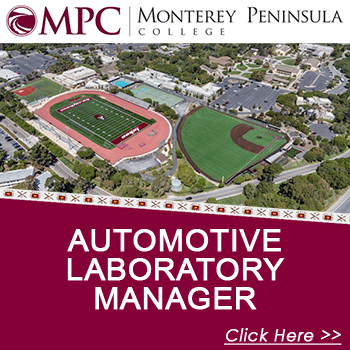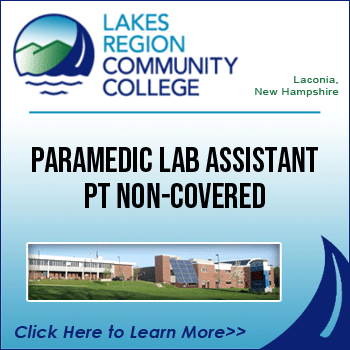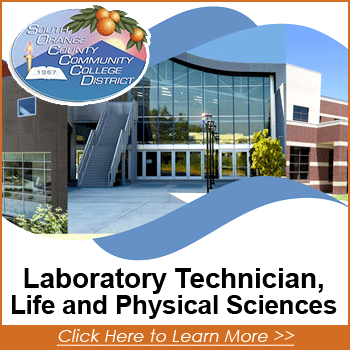
2025 PhD Graduate - Algorithm Researcher - Artificial Intelligence, Machine Learning, and Information Fusion
Job Description
DescriptionDo you have experience developing AI/ML algorithms OR a graduate-level research background in data fusion and/or distributed control?
Do you thrive in a collaborative research environment, working alongside an energetic, multidisciplinary team of scientists and engineers?
Are you ready to help the US secure and maintain leadership in the development and fielding of algorithms for defense systems?
If you are graduating with a PhD degree in Computer Science, Engineering, Mathematics, Statistics, Physics or a related field, we are looking for someone like you to join our team at APL!
We are seeking a highly motivated researcher who will contribute to all phases of the development process. You will be joining a team of engineers and scientists who are at the forefront of APL's mission to provide innovative solutions to critical challenges. Accurate, timely, and actionable information derived from a variety of sources provides the warfighter advantages over its adversaries. Our group at APL identifies, develops, and applies efficient and effective algorithms to support critical capabilities for a variety of DoD missions.
Duties
As a member of the Information Fusion and Artificial Intelligence group you will …
- Research, implement, prototype, and analyze algorithms, quantify and document the performance capabilities and limitations of algorithms for specific tasks, and provide metrics of robustness and confidence in specific approaches.
- Interact with large data sets of various types, formats, and structures for algorithm training and testing, data cleaning, pre-processing, normalization, or manipulation as needed.
- Prepare and present technical evaluations of algorithms to a broad audience that includes both decision makers as well as technical peers.
- Interact with external sponsors to discuss technical solutions and influence decision-makers.
- Serve as an internally recognized subject matter expert in one or more technical areas related to information fusion OR Artificial Intelligence.
Qualifications
You meet our minimum qualifications for the job if you…
- Have a PhD in Computer Science, Engineering, Mathematics, Statistics, Physics or related field
- Have 2+ years of experience in the machine learning and data science fields; OR completed and have a strong interest in linear algebra, calculus, stochastic processes, detection and estimation theory, information theory, or related coursework
- Are fluent in Python or MATLAB, with the ability to translate mathematical concepts into well-documented and efficient code
- Have excellent time management skills and can effectively communicate ideas and results
- Are able to obtain an Interim Secret level security clearance by your start date and can ultimately obtain Secret level clearance. If selected, you will be subject to a government security clearance investigation and must meet the requirements for access to classified information. Eligibility requirements include U.S. citizenship.
You'll go above and beyond our minimum requirements if you...
- Have 4+ years of experience in designing and implementing algorithms involving one or more of the following: classification, clustering, deep learning, decision making, AI explainability, stochastic processes, detection and estimation theory, information theory, Bayesian inference of time varying systems, tracking and data fusion (e.g., KF, MHT, IMM, etc.)
- Have demonstrated experience in working with version control software like Git
- Have experience developing AI/ML research prototypes in code, using one or more of scikit-learn, Tensorflow, PyTorch, or similar machine learning frameworks in Python.
- Have experience using high-performance computing structures like GPUs and CPU clusters.
- Willingness to travel up to 10% of the time, as needed and hold an active Secret clearance
Why Work at APL?
The Johns Hopkins University Applied Physics Laboratory (APL) brings world-class expertise to our nation’s most critical defense, security, space and science challenges. While we are dedicated to solving complex challenges and pioneering new technologies, what makes us truly outstanding is our culture. We offer a vibrant, welcoming atmosphere where you can bring your authentic self to work, continue to grow, and build strong connections with inspiring teammates.
At APL, we celebrate our differences and encourage creativity and bold, new ideas. Our employees enjoy generous benefits, including a robust education assistance program, unparalleled retirement contributions, and a healthy work/life balance. APL’s campus is located in the Baltimore-Washington metro area. Learn more about our career opportunities at http://www.jhuapl.edu/careers
About Us
APL is an Equal Opportunity/Affirmative Action employer. All qualified applicants will receive consideration for employment without regard to race, creed, color, religion, sex, gender identity or expression, sexual orientation, national origin, age, physical or mental disability, genetic information, veteran status, occupation, marital or familial status, political opinion, personal appearance, or any other characteristic protected by applicable law.
APL is committed to promoting an innovative environment that embraces diversity, encourages creativity, and supports inclusion of new ideas. In doing so, we are committed to providing reasonable accommodation to individuals of all abilities, including those with disabilities. If you require a reasonable accommodation to participate in any part of the hiring process, please contact Accommodations@jhuapl.edu. Only by ensuring that everyone’s voice is heard are we empowered to be bold, do great things, and make the world a better place.
*Please mention you saw this ad on LabJobs.*
Be Seen By Recruiters at the Best Institutions
Create a FREE Profile to be Seen!

Lab Jobs in Popular Cities





